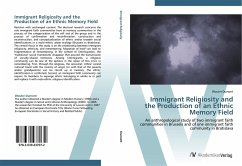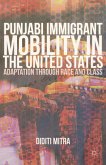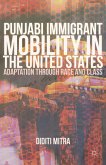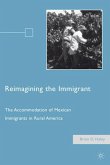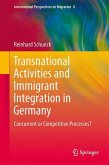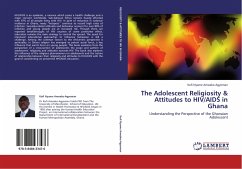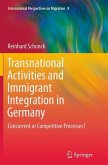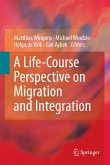Revision with unchanged content. The doctoral research concerns the role immigrant faith communities have as memory communities in the process of the categorization of the self and of the group and in the process of confirmation and reconfirmation, construction and reconstruction, and conceptualization of ethnic and/or broader social identifications in a multi-ethnic urban ecology (Brussels vs Bratislava). The central focus in the study is on the relationship between immigrant religiosity, ethnicity, and remembering. Migration of itself can lead to fragmentation of remembering. In the context of (im)migration, the "traditional" social frameworks disappear that assured the transmission of socially-shared memories. Among (im)migrants, a religious community can be one of the options in the repair of this crisis in remembering. First, through the religious, the 'ancestral', 'ethnic' or/and 'cultural' bond with the country of origin (or with that of the parents and/or grandparents) can be stirred up in memory. The ethnic identification is confirmed. Second, an immigrant faith community can require its members to expunge ethnic belonging in whole or in part and replace it with meta-ethnic religious identification.
Bitte wählen Sie Ihr Anliegen aus.
Rechnungen
Retourenschein anfordern
Bestellstatus
Storno

